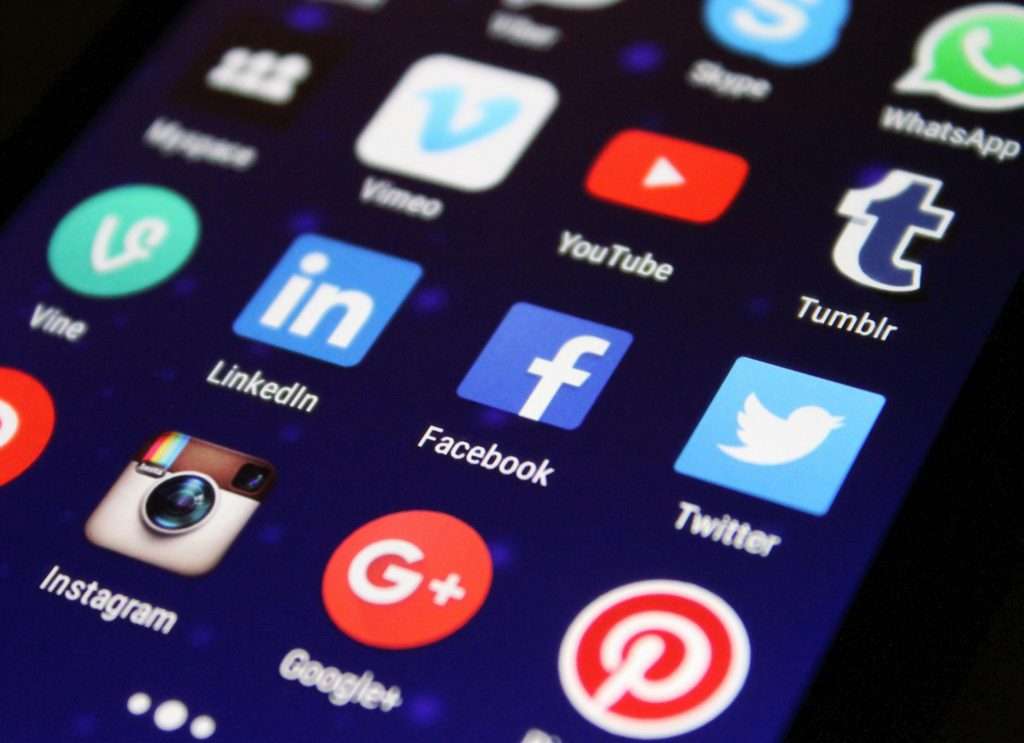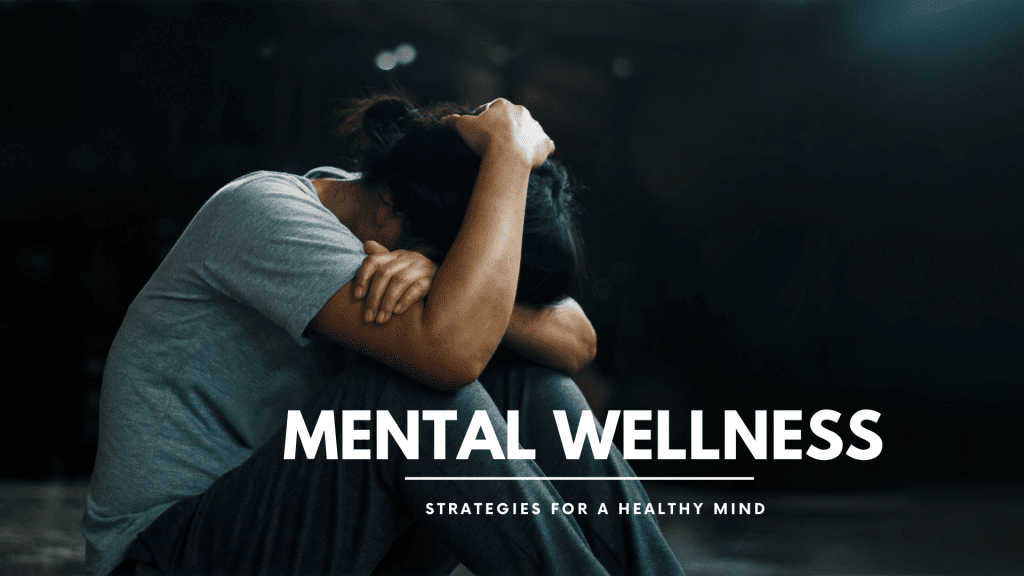Social media has revolutionized the way we communicate, connect, and consume content. While its advantages are undeniable, its darker effects, particularly on the younger generation, cannot be ignored. Stories of entitlement, aggression, and unrealistic expectations are becoming alarmingly common, highlighting the profound influence social media has on young minds.
The Rise of Unrealistic Expectations
Social media platforms are filled with influencers showcasing luxury lifestyles, perfect vacations, and expensive gadgets. This constant exposure is reshaping what young people perceive as “normal.” For instance:
- A Mother in India Attacked by Her Son
In a tragic incident, a mother in India was beaten on the head by her own son when she asked him to put his mobile aside and sleep. This shocking event highlights the growing addiction to devices and the aggressive behavior that stems from it. Social media, gaming, and binge-watching have become so integral to young lives that any attempt to disrupt this cycle is met with hostility. - Entitled Behavior Among Kids in the UK
In the UK, children have begun demanding high-priced gadgets like PS5 consoles for their birthdays, regardless of their family’s financial situation. A heart-wrenching story emerged of children destroying a PS4 gifted by their parents—who worked tirelessly in grocery stores and restaurants—simply because it wasn’t the latest model. This entitlement reflects how social media glorifies materialism, erasing gratitude from young minds. - The Teenager in the US and Her BMW
A teenage girl in the United States went viral for destroying a brand-new BMW car gifted by her parents, declaring she wanted a Tesla instead. Such incidents underline how platforms like Instagram and TikTok glorify extravagance, making anything less than the best seem unacceptable. - A Wife Rejecting a Mercedes G-Class Gift
In another shocking example, a wife destroyed her husband’s surprise of gifting a Mercedes G-Class SUV, simply because it wasn’t the color she wanted. While this may seem extreme, it reflects how social media promotes a culture of dissatisfaction, where people constantly compare their lives to curated, often unrealistic posts online.
Addiction and Its Impact on Mental Health
Beyond entitlement, social media is fostering an addiction that deeply affects mental health. Studies show that excessive screen time and exposure to highly edited content can lead to:
- Low Self-Esteem: Constantly comparing oneself to influencers or peers online can make young people feel inadequate.
- Increased Anxiety and Depression: Unrealistic beauty standards, fear of missing out (FOMO), and online bullying are contributing factors.
- Aggressive Behavior: As seen in the case of the mother in India, addiction to devices and social media can lead to anger and aggression when these are taken away.

Financial Burdens on Families
Another troubling aspect is the financial pressure placed on families to meet the unrealistic demands of their children. Parents working hard in small businesses or service jobs are being forced to stretch their budgets to provide gadgets or luxuries just to keep up with their children’s expectations—expectations largely driven by what they see on social media.
The Role of Social Media in Shaping Values
Social media doesn’t just dictate material desires; it also influences values, priorities, and decision-making. Gratitude, patience, and understanding—values traditionally instilled in young minds—are being replaced by instant gratification, superficial comparisons, and entitlement. When every scroll exposes young users to an unattainable ideal, their real-world relationships and values suffer.
What Can Be Done?
The situation isn’t hopeless. As a society, we need to take steps to mitigate the negative effects of social media:
- Parental Guidance: Parents must set boundaries on screen time and monitor what their children are consuming online. Open conversations about gratitude and values can counterbalance the influence of social media.
- Digital Literacy Education: Schools can introduce programs teaching students to critically evaluate the content they see online and understand the difference between curated content and reality.
- Promoting Healthy Habits: Encourage children and teenagers to engage in offline activities like sports, reading, or hobbies that promote creativity and physical well-being.
- Social Media Accountability: Platforms need to take responsibility by promoting positive, realistic content and curbing the excessive glorification of materialism.
Conclusion
While social media has undeniably brought many benefits, its impact on young minds is a growing concern. Stories like the ones mentioned above serve as cautionary tales, urging us to reflect on the values we are passing on to the next generation. By fostering gratitude, teaching critical thinking, and setting boundaries, we can help young people navigate the digital world without losing sight of what truly matters.
Let’s ensure that technology serves as a tool for growth rather than a source of destruction. Only then can we create a generation that values kindness, gratitude, and genuine human connections over superficial comparisons and materialistic desires.
About Us
- Akhil Boddu’s YouTube Channel – Follow my vlogs for personal experiences and tips.
- Code With Me YouTube Channel – Explore tech tutorials and coding advice.
- Weblog Trips LinkedIn – Connect with me on LinkedIn for more insights and discussions.
If the information you are looking for is not available here, please contact us. Additionally, follow us on our social media platforms for updates and more information.







